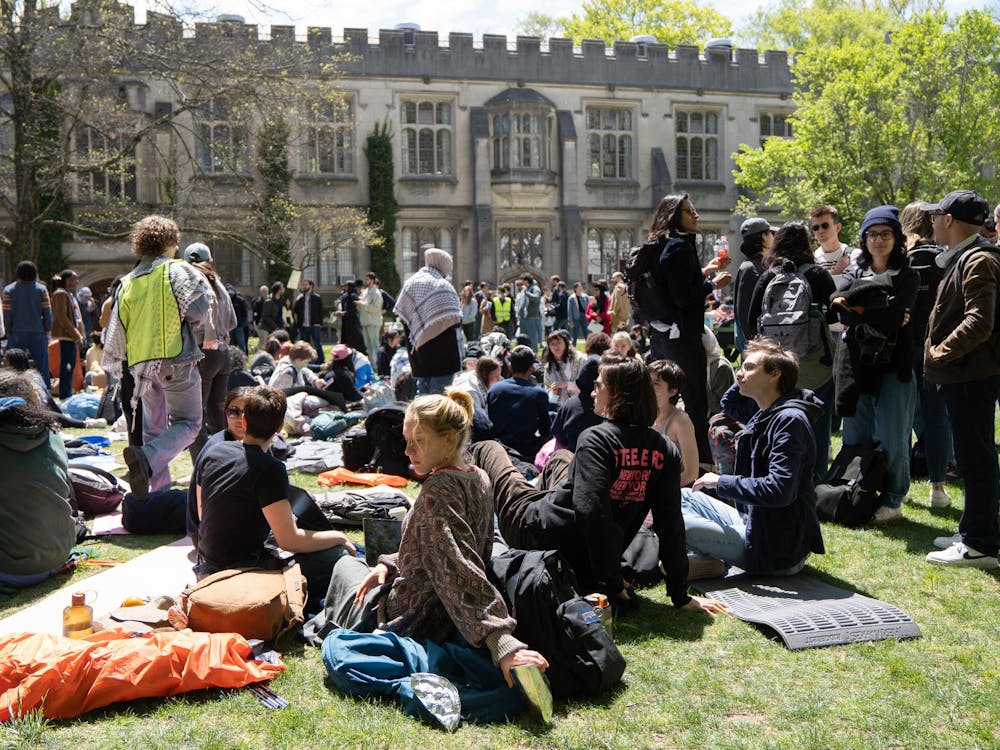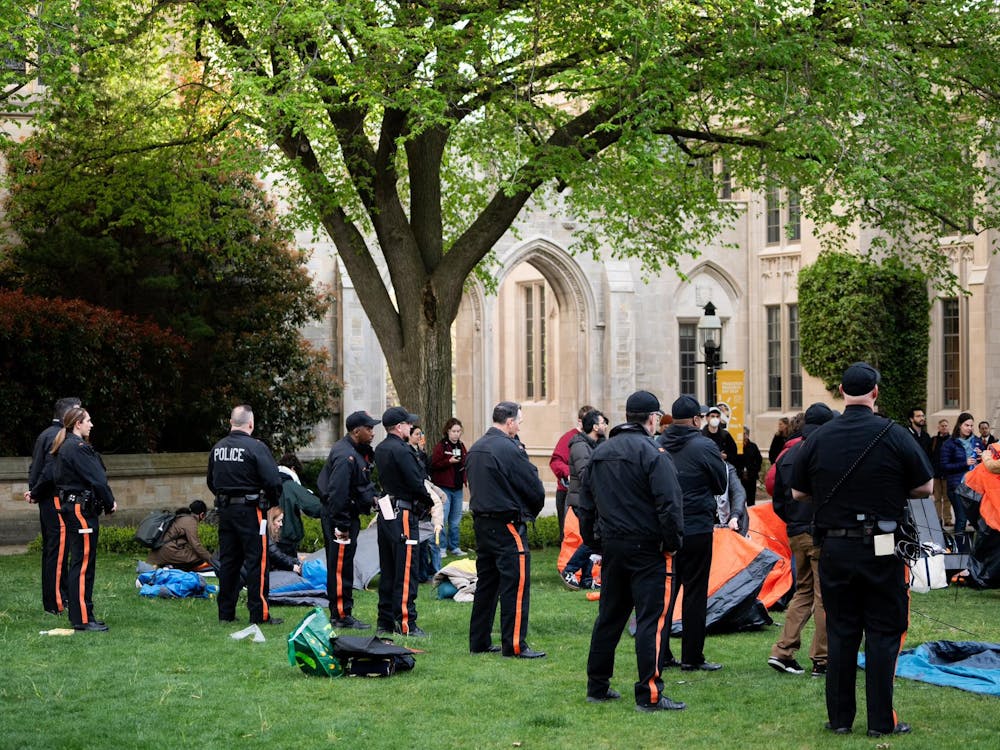As was widely reported in January, students this year have for the first time figured out en masse how to view their supposedly-confidential admission records, thanks to a loophole in Family Educational Rights and Privacy Act discovered by several students at Stanford. Current students are now able to see “written assessments that admission officers gave of applicants, the numerical scores those officers assigned them on a range of factors,” and even sometimes notes from when their file was discussed the by admission committee.
According to a report a few weeks ago by The Daily Princetonian, over 300 students have viewed their records at the University in the past few months, with many more scheduled to do so before year’s end. When doing so, students are allowed one hour with their records and are not allowed to bring a cell phone or a camera. Some universities, including Yale and Stanford, have begun to destroy admission records in response to this wave of requests by students to view them, an apparent attempt to preserve the secrecy of what was said about applicants and current students.
While I’m not proposing that FERPA be changed to ban such requests, I am advocating that students at the University choose not to exercise this right.
There is a value in not knowing why specifically we are here. As I wrote in one of my earlier columns last year, “In not knowing why I got accepted to Princeton, what specific accomplishment or impressive-sounding recommendation put me ‘over the edge’ in the admission committee meeting, I don’t feel defined by any single accomplishment … Not feeling like I have an easy answer to ‘Why are you here?’ makes me instead feel that I don’t have a mantle to uphold in any specific area and can have some flexibility in my choices.” Checking our admission records, we may find that the committee or our readers were incredibly impressed with a certain talent or interest we’ve since given up on or haven’t pursued while here — both of which are fine choices if our interests have changed. There is no need for students to open another opportunity for themselves to feel boxed in by previous accomplishments rather than current goals or interests.
Second, the admission committee should be allowed to operate under a large amount of secrecy in order to evaluate applicants in the most frank and honest terms. While I doubt admission officers would change their recommendations solely for this reason, it’s entirely possible that they would marginally alter or soften the tone of their evaluation essay for a given applicant. Knowing that the record could later be subject to public scrutiny (while students can’t take pictures or make copies of the records, they can bring in a notebook with them, and thus quote the material if they so choose), an admission officer might be marginally less honest, open, or blunt in an evaluation of a candidate — especially a well-connected one. Given that the University receives well over 26,000 applications per year, marginal differences do matter in this case, since they are carried out over such a large scale. No one would imagine the extreme example of this phenomenon holding (basically the plot of the movie “Admission”), but a small change in the degree of public scrutiny to which the admission committee operates could still nonetheless have an outsized impact on the process as a whole. Therefore, the committee should be given broad protection from such public scrutiny over the content of its evaluations — not by a change in the law banning review, but by students choosing not to exercise their right to see their admissions files.
We do, apparently, have a right to know what was said and written about us when we applied to the University. But that doesn’t at all mean we have to exercise said right — especially not en masse, simply out of our own curiosity. By showing restraint and not looking inside their files, students can retain a larger degree of freedom for themselves and can avoid subjecting the admission committee to an unnecessary and counterproductive degree of scrutiny.
Ryan Dukeman is a sophomore from Westwood, Mass. He can be reached at rdukeman@princeton.edu.








